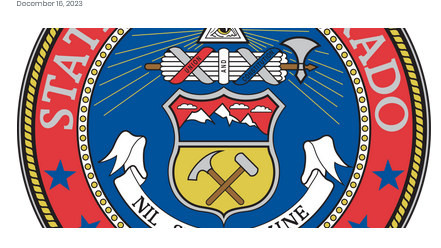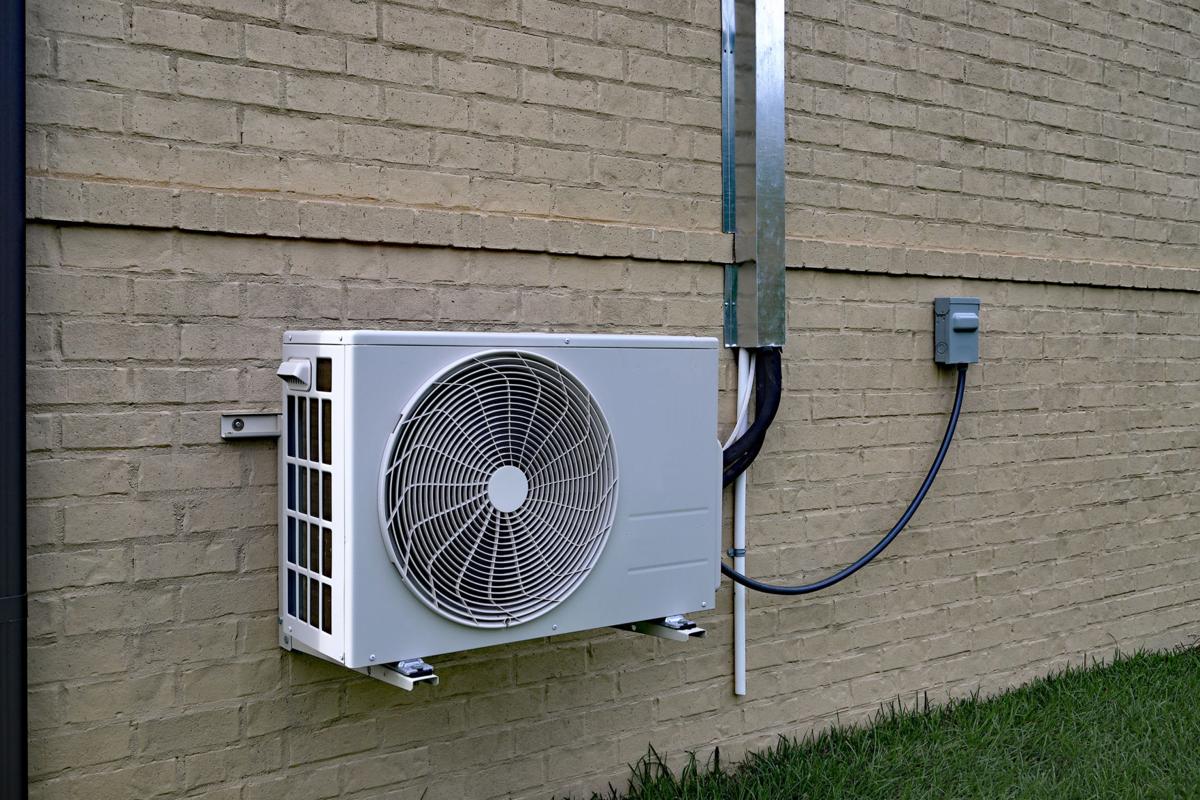
Colorado Squatting Laws Explained: Your Essential Reference
Squatting has become a widespread symptom in Colorado and lots of pieces of the United States. Squatters are those who occupy vacant or deserted properties with no owner’s authorization, as well as for a lengthy time period. Squatting can cause a number of issues, including residence damage, uninvited friends, and against the law actions which could cause harm to both the adverse possession Colorado.
It is important to understand Colorado’s squatting regulations, since they determine the legal rights and commitments of the home owner as well as the squatter. In this particular website, we’ll supply a extensive guideline on Colorado’s squatting laws and regulations so that you’ll really know what actions to adopt being a home owner or know your commitments if you’re squatting.
What is Squatting?
Squatting is the action of occupying a property properties of other people without their permission. Squatters can obtain access to your property through different signifies, which include breaking up in, using an unlocked entry, or becoming welcomed by an additional squatter. In Colorado, like other states, squatting is illegal.
Colorado Squatting Laws
Colorado laws and regulations prohibit squatting and establish it as a felony trespassing. Felony trespassing is actually a misdemeanor that brings up to 18 months of jail time. The laws require home owners to tell the squatter they are not permitted to become about the house. When the squatter doesn’t abandon the home after receiving the discover, the dog owner can call the cops to get rid of the squatter.
Steps to adopt as being a House Owner
As a house owner, you must consider certain activities to safeguard your legal rights and prevent squatters on your own property. A number of the activities you need to take include trying to keep your property guaranteed, putting up No Trespassing symptoms, and calling police force if you suspect a person is squatting in your house. Also you can acquire legal action from the squatter if they harm your house or engage in illegal activities.
Imagine if You’re Squatting?
If you’re squatting on someone’s property in Colorado, you have to be conscious of your commitments. Squatting is prohibited, and you may face felony charges when the manager studies you to law enforcement. If you’re squatting, the best course of action is to leave the property immediately and steer clear of any negative relationships using the home owner or law enforcement.
Bottom line
To sum up, squatting is a type of criminal trespassing, and Colorado’s laws and regulations prohibit it. As being a property owner, you need to make a plan to protect your home and notify squatters they are not approved to get on the property. If you’re squatting, it’s important to know your requirements and then leave the home immediately in order to avoid legitimate issues.
To conclude, comprehending Colorado’s squatting legal guidelines is important for both property owners and squatters. By following these laws, you’ll know your rights and obligations, and you will prevent legitimate difficulties which could come up from squatting. So, property owners, safe your premises, and squatters, steer clear of squatting to remain within the range of your regulation.


